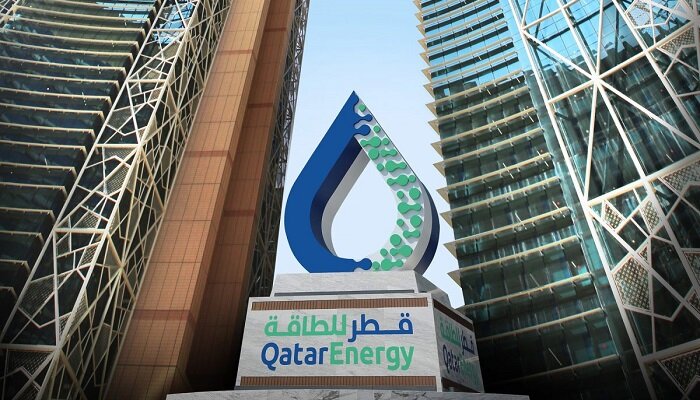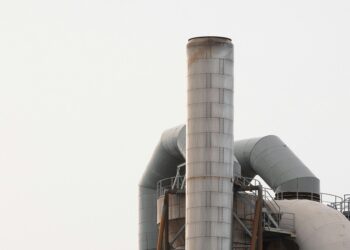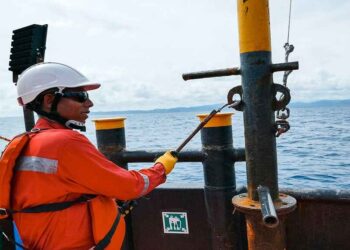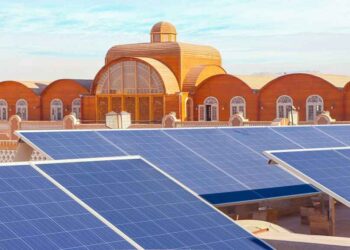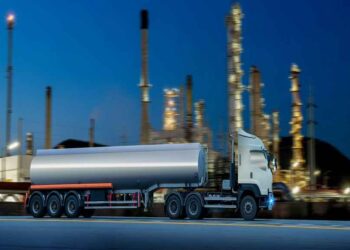QatarEnergy is all set to make its new long-term liquefied natural gas- LNG supply agreements across Asia and Europe more robust, with numerous deals deemed to be happening, as per the company’s Chief Executive. Being a prominent global LNG exporter, Qatar happens to be navigating rising competition, especially since the onset of the Ukraine war in February 2022. The geopolitical scenery has gone on to heighten the demand for LNG, particularly in Europe, where there is a critical requirement to replace almost 40% of Russian pipeline gas imports.
QatarEnergy’s Chief Executive as well as State Minister for Energy, Saad al-Kaabi, has gone on to reveal that major discussions are underway, especially in Europe, where there is a need for alternative gas sources, which is indeed paramount. He went on to emphasize the seriousness when it comes to ongoing negotiations, thereby acknowledging variations in terms of the level of intensity across different regions.
Al-Kaabi went on to highlight the keen interest from Asian buyers, thereby stating that everybody across Asia who happens to be buying LNG has been talking to them, and they have some deals that happen to be very close to the finish line. QatarEnergy, which is a state-owned entity, has gone on to already secured a series of supply agreements across European and Asian partners as part of the extensive North Field expansion project. This broadening is anticipated to push LNG production from 77 million metric tons per annum- mtpa to a whopping 126 mtpa by 2027.
Apparently, the company is progressively exploring additional expansion opportunities that go beyond the existing North Field East as well as North Field South phases. Al-Kaabi went on to indicate that if further capacity gets identified, QatarEnergy is going to be open to more expansion initiatives. The present drilling of wells happens to be a part of the analysis process so as to evaluate the feasibility of expansions such as these.
When it comes to potential collaborations, al-Kaabi opined that serious, positive discussions are taking place along with potential value-added partners. As a matter of fact, QatarEnergy has already engaged itself with Chinese entities like Sinopec as well as CNPC, with each getting a 5% stake in a JV and also committing to off-taking half the volume for a longer period. While al-Kaabi hinted at probable announcements in 2024, he also emphasized that the ongoing talks happen to be primarily with Asian buyers because of their readiness in order to commit to long-term agreements.
In comparison to the Asian markets, where government-owned or even controlled entities go on to often dominate LNG purchases, Europe indeed happens to stand out, with private entities getting a more prominent role when it comes to signing deals. Al-Kaabi pointed to the UK as a prominent example, thereby acknowledging recognition that gas will continue to play a key role across the energy transition.
Manufacturing when it comes to the North Field expansion is all set to start in 2026, with successive trains approaching online every few months. In spite of all this, al-Kaabi has gone on to express his confidence that additional long-term deals are anticipated to be signed by then, which would hence limit volumes that are available for the spot market. QatarEnergy Trading, which is a subsidiary established in 2020, happens to be positioned to handle any excess volumes that are not committed to long-term contracts. Al-Kaabi made way for ambitious plans for QatarEnergy Trading, thereby pointing to being among the top three LNG traders across the world by 2030.
Interestingly, Al-Kaabi’s optimism when it comes to the LNG market remains unwavering, and that too in spite of acknowledging its current tight as well as volatile nature. He goes on to expect the demand for LNG to surpass supply, stressing the industry’s challenge when it comes to building sufficient LNG projects so as to meet future requirements. Lastly, QatarEnergy’s proactive approach when it comes to securing imminent LNG supply deals goes on to reflect its strategic positioning in the ever-evolving global energy spectrum, thereby showcasing a bent toward meeting growing demand and also contributing to the LNG market balance.











































